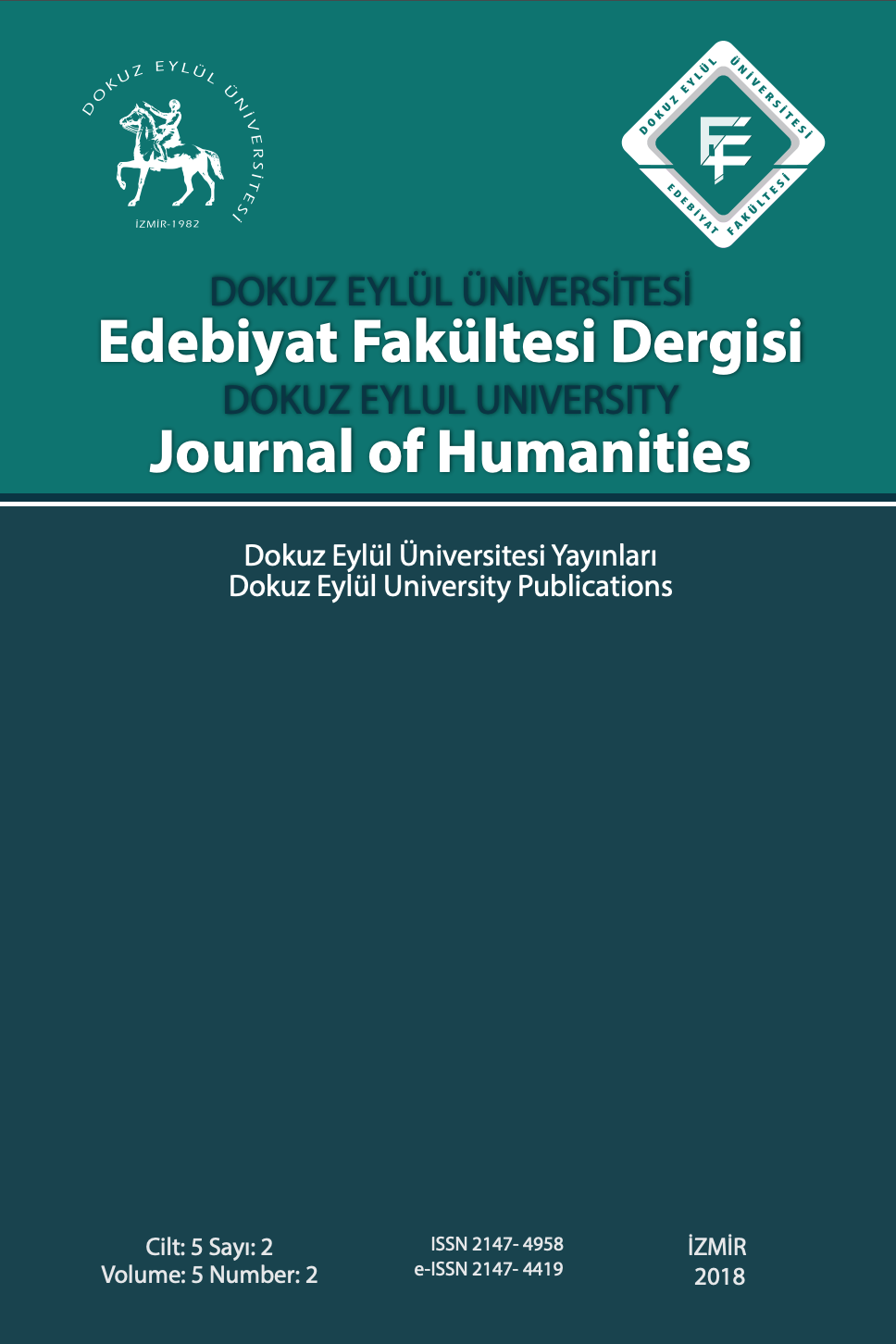ÇOKKÜLTÜRLÜLÜK MÜ ÇOKKÜLTÜRCÜLÜK MÜ?
Küreselleşmeyle ilgili tartışmalarda üzerinde uzlaşılan noktalardan birisi de küreselleşme adı verilen sürecin iki kutuplu olduğu ve bu kutuplar arasında ciddi bir gerilimin bulunduğudur. Buna göre bu süreç bir yandan sermayenin özgürce hareket edebilmesi için homojenleştirici bir etkide bulunmakta, öte yandan farklı etnik kimliklerin tanınması yönünde ayrıştırıcı bir işlev üstlenmektedir. Farklı etnik kimliklerin tanınması ise gerek teorik gerek pratik planda başlı başına ayrı bir sorun teşkil etmektedir. Acaba politik liberalizmin temelini teşkil eden bireysel haklardan hareketle bir çokkültürcü politika yeterli olabilir mi, yoksa kolektif haklar temelinde bir çokhukuklu toplum modelini mi benimsemeliyiz? Farklı kimliklerin tanınma taleplerinin karşılanmasıyla ilgili tartışmalarda ön plana çıkan iki temel yaklaşım bize şu soruyu soruyor: Çokkültürlülük mü? Çokhukukluluk mu?
Anahtar Kelimeler:
Kültür, Kimlik, Çokkültürcülük, Çokhukukluluk, demokrasi, Haklar ve Özgürlükler, Birey, Benlik, Komünite, Kamusal Alan, Toplum
MULTICULTURALITY OR MULTICULTURALISM?
One of the main subjects agreed upon within the discussions on globalization is that the process in question is bipolar and there is a tension between these poles. According to this view, this process has a homogenizing effect on free movement of capital on the one hand, and on the other hand it has a heterogenizing effect because of the demand of recognition of different identities. Recognition of different identities is a problem on its own, both in theory and practice. Then, can a multicultural politics stemming from the liberal politics depending on individual rights be sufficient or should we hold a multilaw society model based on collective rights? These two main approaches, coming to the fore within the debates on recognition of different identities, ask us such a question: multiculturalism or multilaw?
Keywords:
Culture, Identity, Multiculturalism, Multilaw, Democracy, Rights and Liberties, Induvidual, Self, community, Public Realm, Society,
___
- BOWIE A., German Philosophy: From Kant to Habermas, Polity Press, UK, 2003
- HOBBES Thomas, Leviathan, Ed: Macpherson C.B., Penguin Boks, G.B., 1968
- GRAY John, Liberalism, Open University Press, G.B., 1989
- HABERMAS Jürgen, “Demokratik Anayasal Devlette Tanınma Savaşımı”, 113-146; in GUTMANN Amy (Ed), Çokkültürcülük, Yapı Kredi Yayınları, 1996
- HEGEL G.W.F., Phenomenology of Spirit, (Trans: Miller A.V.), Oxford University Press, UK, 1977
- MACPHERSON C.B., The Political Theory of Possessive Individualism: Hobbes to Locke, Oxford University Pres, G.B., 1962
- MAGEE Bryan, Büyük Filozoflar: Platon’dan Wittgenstein’a Batı Felsefesi, Çev: Ahmet Cevizci, Paradigma Yayınları, İstanbul, Kasım 2000
- MILL J.S., Özgürlük Üstüne, Çev: Alime Ertan, Belge Yayınları, 1985
- PLANT Raymond, Modern Political Thought, Blackwell, G.B., 1992
- SHAKIAN William S., Felsefe Tarihi, Çev: A. Yardımlı, İdea Yayınları, İstanbul, 1990
- STACE W.T., The Philosophy of Hegel : A Systematic Exposition, Dover Publications, USA, 1955
- TAYLOR Charles, The Ethics of Authenticity, Harvard University Press, England, 1991
- TAYLOR Charles, Sources of The Self: The Making of Modern Identity, Harvard University Press, USA, 1989
- TAYLOR Charles, Philosophical Papers, Vol: I, Cambridge University Press, USA, 1985
- TAYLOR Charles, “The Politics of Recognition”, s/ 25-75; in GUTMANN Amy (Ed), Multiculturalism and “The Politics of Recognition”, Princeton University Press, USA, 1992
- TOMLIN E.W.F., The Western Philosophers: An Introduction, Hutchinson Press, UK, 1986
- WATKINS J.W.N., Hobbes System of Ideas, Hutchınson & CO Ltd., Redwood Pres, G.B., 1973
- ISSN: 2147-4958
- Yayın Aralığı: Yılda 2 Sayı
- Başlangıç: 2011
- Yayıncı: Dokuz Eylul Üniversitesi Matbası
